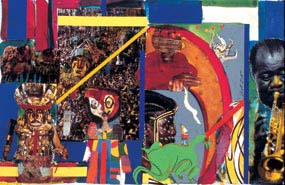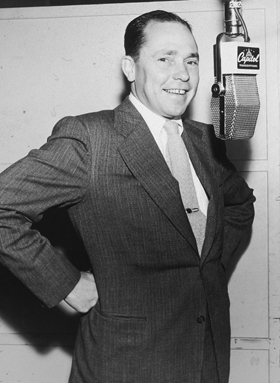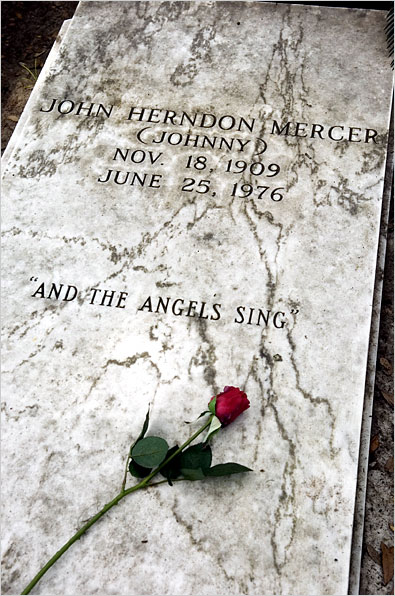 One Saturday morning twenty years ago I got a call from Michael Pakenham, my boss at the New York Daily News, for which I was then writing foreign-policy editorials. “It looks like the Berlin Wall may be coming down,” Michael said. “A million people are protesting in East Berlin. Get to the office as fast as you can. We’ve got to rip up the editorial page and get something into tomorrow’s paper.” I’d planned to spend the day taking it easy. Instead I watched history being made. Back then I was a suburbanite, so I jumped in my car, drove straight to Manhattan, and went to work. I can’t remember exactly what Michael and I wrote that morning, but I do know that we wrote it in a frenzy of delight.
One Saturday morning twenty years ago I got a call from Michael Pakenham, my boss at the New York Daily News, for which I was then writing foreign-policy editorials. “It looks like the Berlin Wall may be coming down,” Michael said. “A million people are protesting in East Berlin. Get to the office as fast as you can. We’ve got to rip up the editorial page and get something into tomorrow’s paper.” I’d planned to spend the day taking it easy. Instead I watched history being made. Back then I was a suburbanite, so I jumped in my car, drove straight to Manhattan, and went to work. I can’t remember exactly what Michael and I wrote that morning, but I do know that we wrote it in a frenzy of delight.
Five days later, on November 9, the wall was opened. I never thought I’d live to see that great day come to pass. I’ll never forget it as long as I live.
* * *
Arts & Letters Daily has posted a superb compilation of wall-related links.


 Mrs. T and I recently got around to watching Turner Classic Movies’ Johnny Mercer: The Dream’s on Me, a Clint Eastwood-produced two-hour documentary full of priceless archival footage. It’s being telecast in honor of the upcoming centennial of the birth of the author of the lyrics (and, on occasion, the music) to such classic songs as “Ac-cent-tchu-ate the Positive,” “Autumn Leaves,” “Blues in the Night,” “Come Rain or Come Shine,” “Days of Wine and Roses,” “Early Autumn,” “Emily,” “Jeepers Creepers,” “I Remember You,” “I Thought About You,” “I Wonder What Became of Me,” “I’m an Old Cowhand,” “I’m Old Fashioned,” “Laura,” “Moon River,” “One for My Baby,” “Something’s Gotta Give,” “Skylark,” and “That Old Black Magic.”
Mrs. T and I recently got around to watching Turner Classic Movies’ Johnny Mercer: The Dream’s on Me, a Clint Eastwood-produced two-hour documentary full of priceless archival footage. It’s being telecast in honor of the upcoming centennial of the birth of the author of the lyrics (and, on occasion, the music) to such classic songs as “Ac-cent-tchu-ate the Positive,” “Autumn Leaves,” “Blues in the Night,” “Come Rain or Come Shine,” “Days of Wine and Roses,” “Early Autumn,” “Emily,” “Jeepers Creepers,” “I Remember You,” “I Thought About You,” “I Wonder What Became of Me,” “I’m an Old Cowhand,” “I’m Old Fashioned,” “Laura,” “Moon River,” “One for My Baby,” “Something’s Gotta Give,” “Skylark,” and “That Old Black Magic.”